






 |
|||||||
 |
 |
 |
 |
 |
|||
 |
|||||||
|
Atelier Rullit Lab 8 Field Coil full range drivers In the past few years I have received more inquiries and questions regarding Oleg Rullit’s field coil drivers than any other component featured on this website, and I think I know why. They are a mystery; dreamed up by an elusive and shadowy mad-scientist of the audio world, these hand made beauties merge the highest pinnacles of the audio arts with obsolete and antiquated technology; masterpieces that one suspects just might harness audio secrets long ago forgotten. There are no published specs and very little anecdotal evidence to look through. There are only photos of superbly executed works of audio art attached to astonishingly high price tags. Leather surrounds, exotic cone material, phenolic spiders...great stuff! Oleg Rullit’s Atelier has been bookmarked on my computer for years, since first becoming interested in tube audio in fact, and when this pair of drivers became available at quite reasonable prices (for Rullit at least) I snapped them up. This damned curiosity would finally be sated! So where to begin? These are field coil drivers, which means there is no permanent magnet like modern drivers, no chunks of heavy Alnico or Neodymium mushrooming out the back. Rather there is an electro-magnet that requires, in this case, 80-120 volts of DC to magnetize the driver. Field coils are a very early design, dating back to the first days of radio when permanent magnet technology was in its infancy and magnets capable of exciting a speaker cone were massive and impractical. Many old radio circuits employed the choke in the circuit to power the field coil speaker. By the 1940s this was quickly fading out as permanent magnet strength went up and size came down. These days, field coil drivers are only made by a few high-end manufacturers, like Suprvox, Feastrex, Lowther, Voxativ. And even then it is really only a small niche item, within an already niche category, and prices can be astronomical. $42,000 Feastrex drivers anyone? Why bother with this obsolete technology at all? Simple of course: it’s rumored that field coils sound better. The magnet strength is higher, it can be tailored to the user’s tastes via the amount of current supplied, and all of this is supposed to present a more natural and nuanced sound. My experience with the Rullit field coils has been enlightening. I’d have to say that the Lab 8 is certainly one of the best full range drivers I have ever heard anywhere. It goes lower on its own than any driver I’ve played with (until the Zenith 49cz1064 came along), and it reproduces well beyond the limits of my upper hearing. All with a sense of ease that is really appealing, and yes, very natural sounding. I am not a measurer, so I offer no graphs, charts or anechoic chamber testing; only the anecdotal experience of a few years of on and off use. And these are probably the lowest priced field coils that Oleg makes. But they are very, very nice drivers. Of course, like any one-size-fits-all solution there are limitations. Heavy electronic music can cause the driver to smear slightly; there is the sense that the bass is throwing off the whizzer cone. This is one of the reasons I dislike whizzer cone drivers in general, but it is more apparent with the Lab 8 in large part because of the prodigious bass being generated by the drivers. In the Telefunken baffles no other full-ranger I’ve heard goes as low. Power supply is another area where these field coils can be problematic. Unlike most field coils being made today, these require a high voltage supply. Unfortunately, I am using an inadequate power supply with my pair; a laboratory unit made by BIO-RAD. This will be upgraded. I am confident that a proper high quality power supply will bring these drivers even farther up the fidelity ladder than they are now, but as yet funds make this impossible for me. We shall see. So far, it’s been such a pleasure to own such carefully crafted and unique drivers as Oleg Rullit’s Lab 8. They are amazing. This is the kind of niche item that really defines what I like so much about the audio revolution today. If you have a chance, highly recommended. |
||||||||
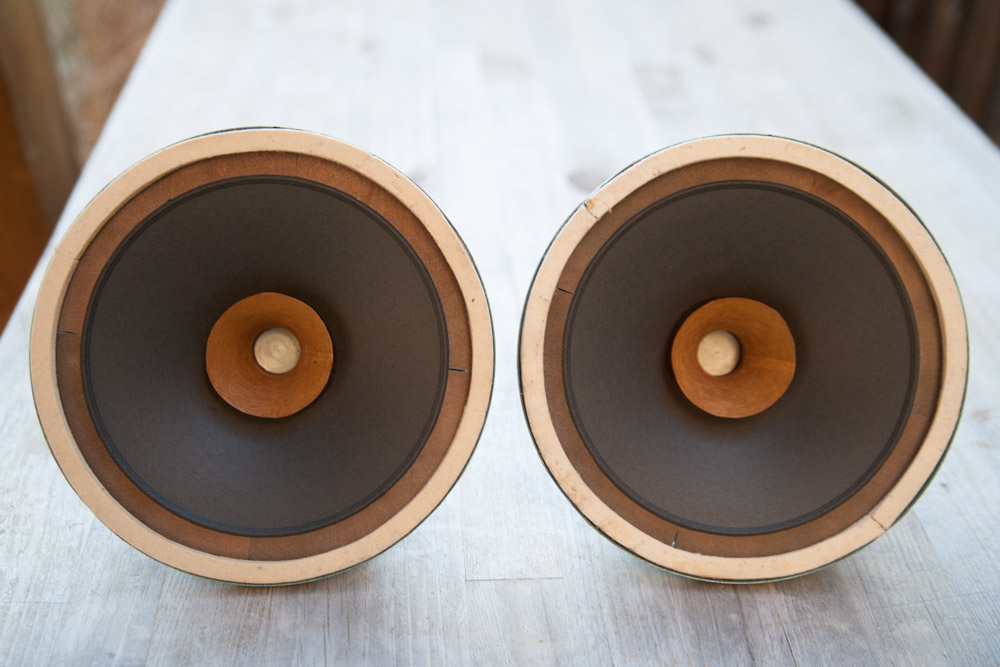
|
||||||||

|
||||||||
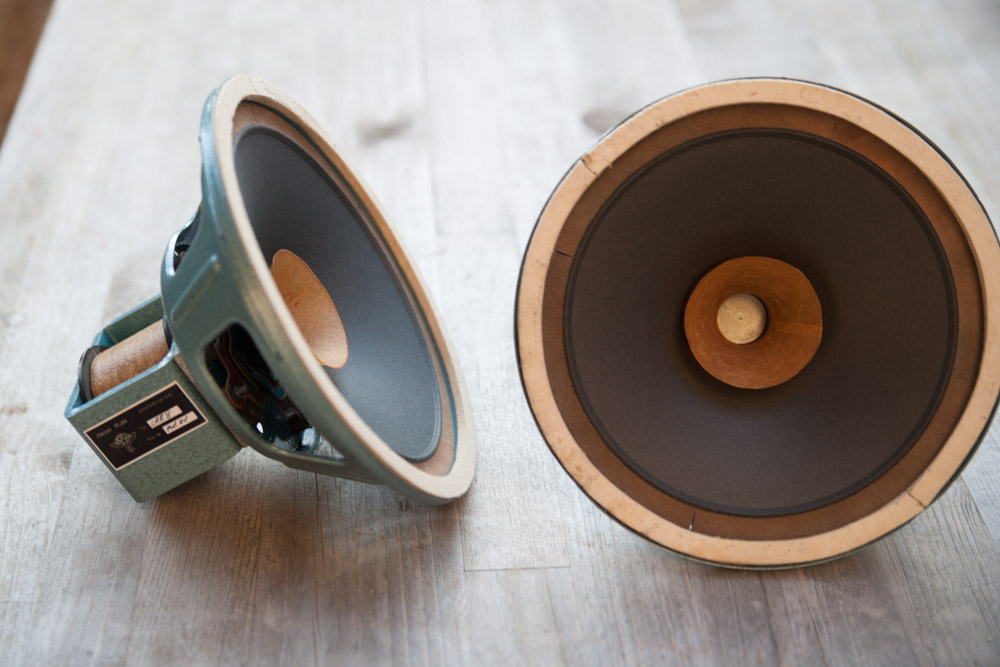
|
||||||||

|
||||||||
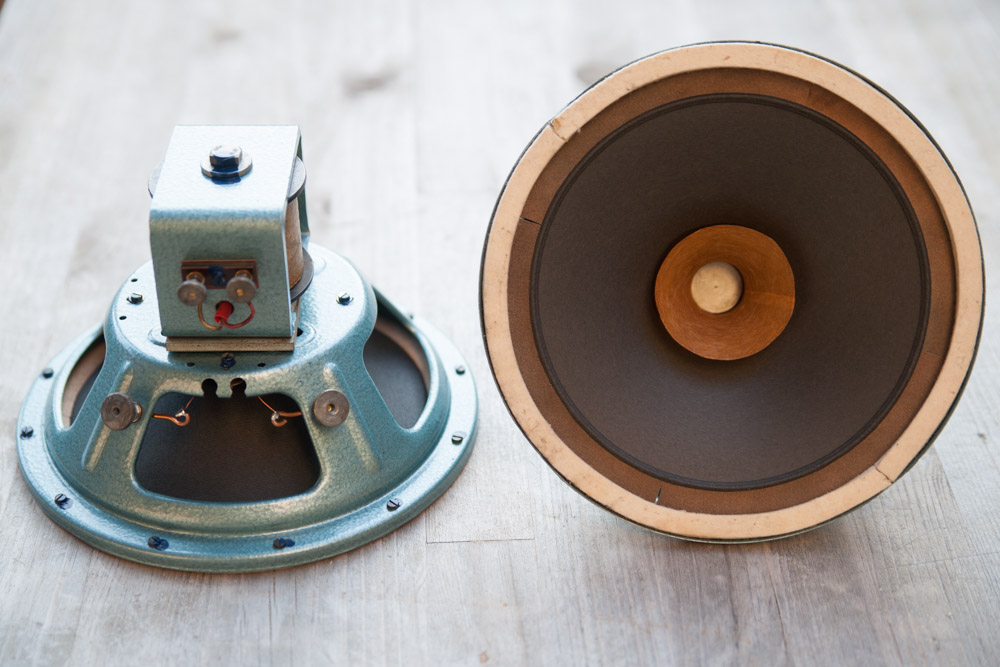
|
||||||||

|
||||||||
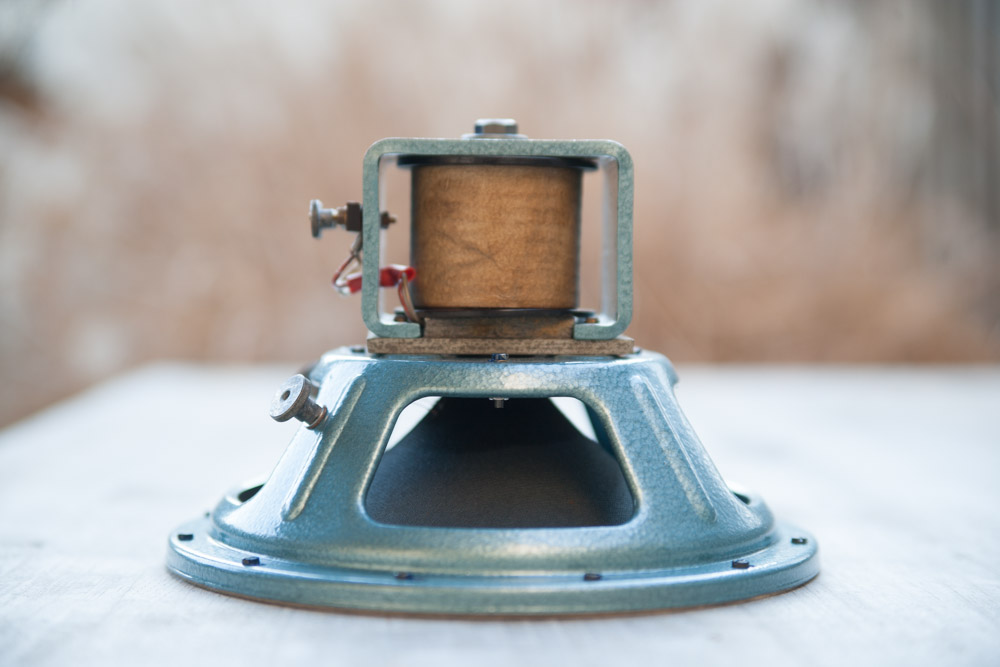
|
||||||||

|
||||||||
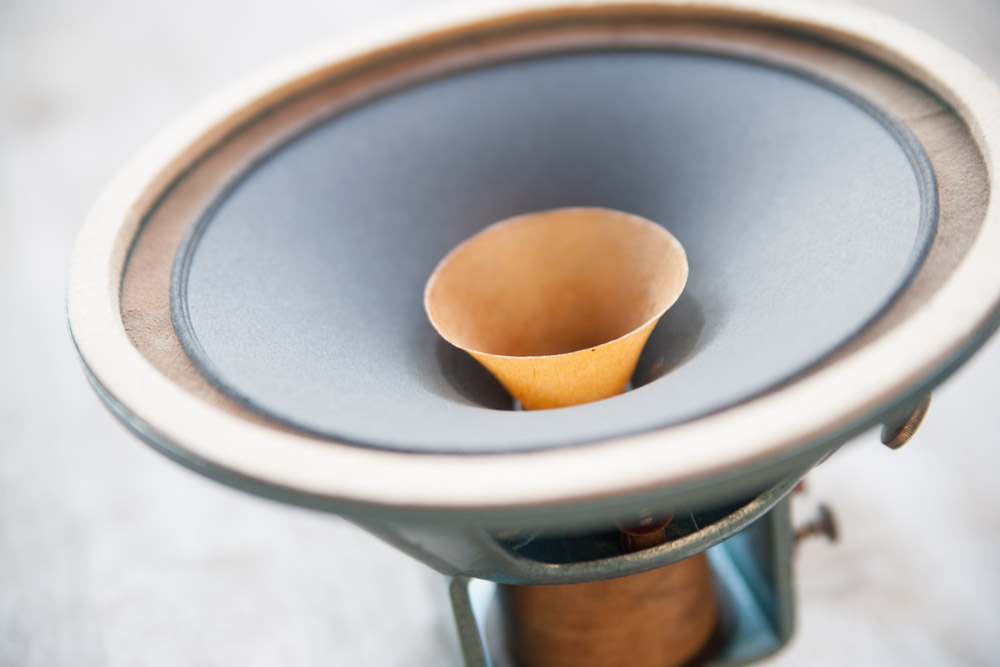
|
||||||||

|
||||||||
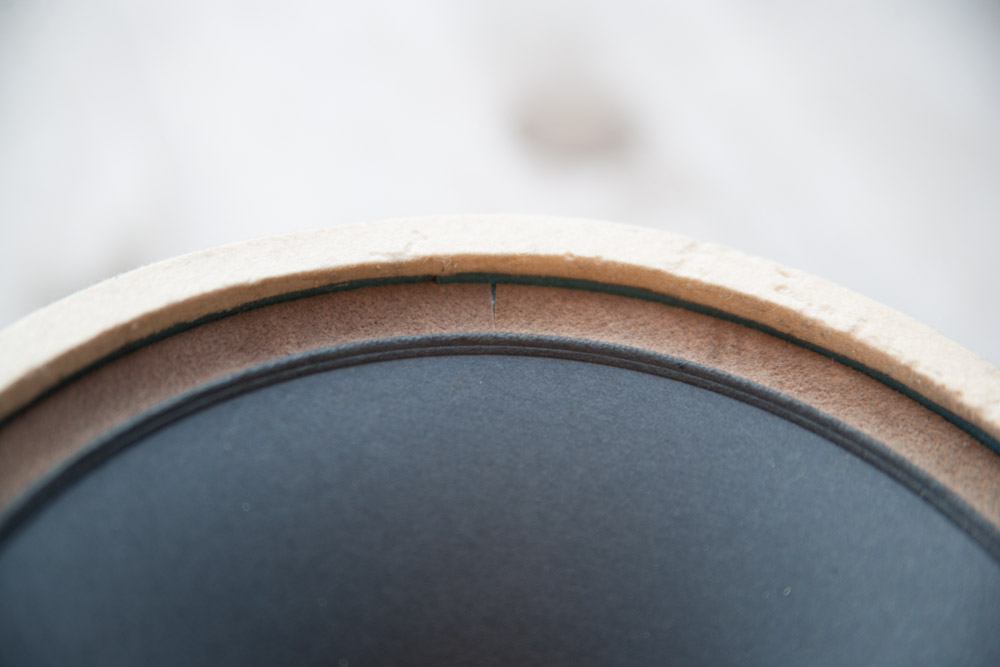
|
||||||||

|
||||||||
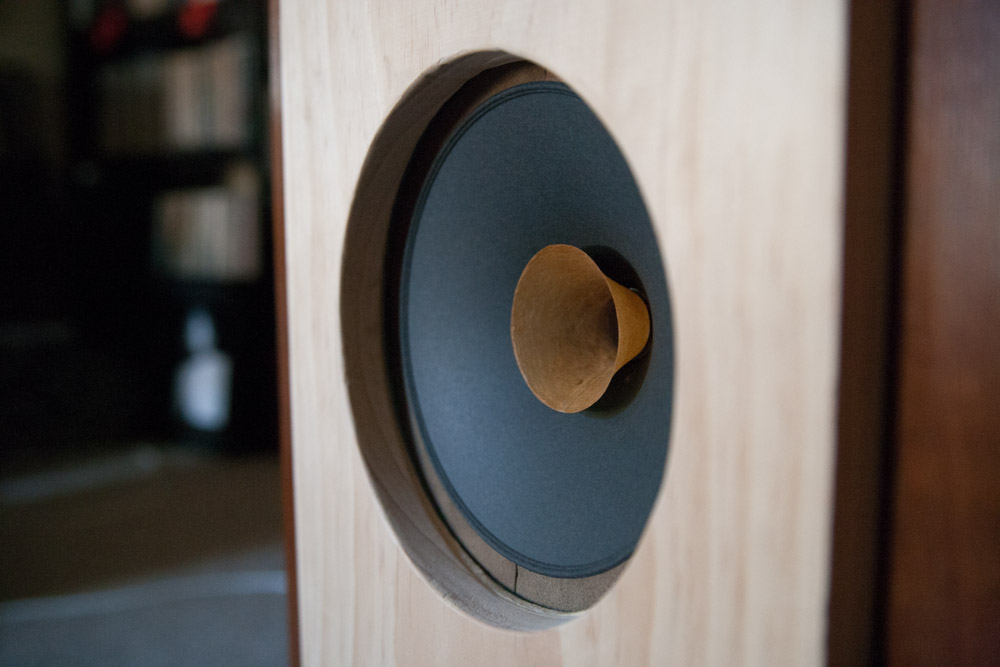
|
 |
|||||||
 |
 |
 |
 |
 |
|||
 |
|||||||
 |
|||||||